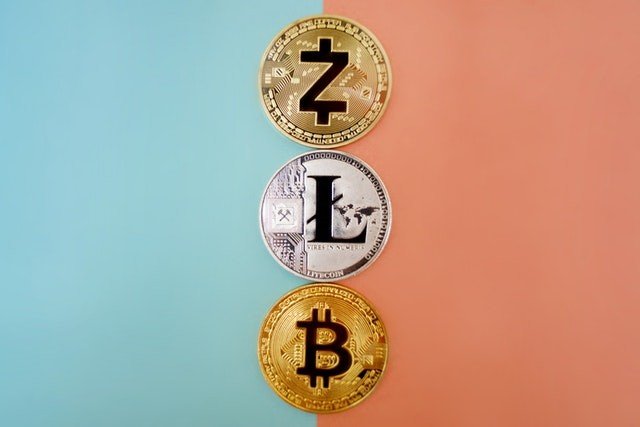How Does a Decentralized Crypto-Currency Exchange Work? What are the Requirements to Use Decentralized Crypto Exchanges in 2021? Decentralized crypto exchanges are on the rise, but they’re still in their infancy. We’ve already seen some issues with these exchanges, ranging from serious security flaws to lack of liquidity.
There’s no question that DEXes will be here to stay, but for now, decentralized exchanges are considerably less functional than centralized ones. However, developers are working to significantly improve DEXes by 2022.
What Is a Decentralized Exchange?
A decentralized exchange, or DEX, is a cryptocurrency exchange that operates on the blockchain rather than a conventional centralized server. As a result, users retain control of their information and funds at all times, and there is no third party to manage transactions.
DEXes are an essential part of the cryptocurrency ecosystem; they allow users to exchange tokens directly with each other without relying on centralized intermediaries like banks or payment processors.
How Does a Decentralized Crypto-Currency Exchange Work?
Decentralized exchange crypto platforms are popping up left and right in an attempt to sidestep hackers and centralized authorities. Decentralized exchanges work in much the same way that the blockchain works. They use P2P protocols to make trading possible. This means that trading is carried out by peers without the need for a trusted server, hence the term peer-to-peer or P2P.
Decentralized cryptocurrency exchanges put the ownership of funds and trades in the hands of users — not an intermediary. While this removes the risk of a third-party security breach, it also means that any user can potentially scam another user. To avoid this, decentralized exchanges typically require authentication before allowing access to a given trades, which could hinder the speed that crypto traders are accustomed to.
Requirements to Use Decentralized Crypto-Currency Exchanges
Crypto exchanges are the lifeblood of the blockchain ecosystem. They empower new investors to trade with cryptocurrencies and enable experienced traders to diversify their portfolios. However, there are a few requirements for users to start using them.
- A cryptocurrency wallet to store your coins
- A cryptocurrency exchange that supports decentralized exchanges
- An internet connection
- A software client that supports decentralized exchanges
- An understanding of what a decentralized exchange is and how it works
Many Decentralized Crypto Exchange allow users to execute trades using their crypto holdings as collateral. As decentralized exchange protocols like 0x become more popular, many platforms will support trading Ethereum-based tokens without holding user funds or requiring them to deposit funds on the platform, reducing the number of ways hackers can steal digital assets.
Current State of DEXes
According to Sofi, “Full decentralization is more of a philosophy than a rule of thumb; as it’s not very practical based on first-layer blockchain scalability limits. However, today’s Decentralized Crypto Exchange do solve the biggest issues in existing crypto exchanges: slow verification, security breach, insurance problem, and terrible UX.
For example, users can verify their accounts in seconds with newer decentralized exchanges; unlike older centralized exchanges where customers have to wait days or even weeks to get accounts verification.
Furthermore, today’s tier 2 exchanges have a higher level of security that protects your digital currency from hackers.
There’s so much to get to know about crypto, and you’ve done a great job keeping up with it. But you can never get too much information to guide your investment decisions; — so we’ll continue delivering the facts and tools you need to succeed in this market. Thank you for reading.




